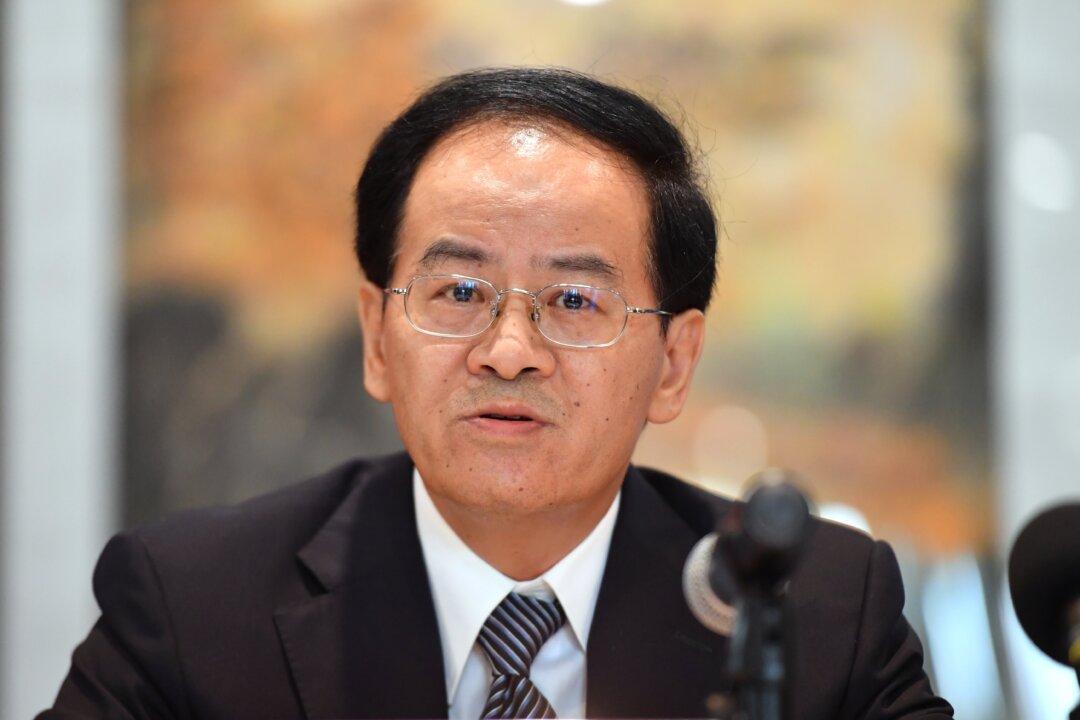The Chinese ambassador to Canberra has hinted that a return of China’s international student and tourism market was unlikely once international border closures reopened.
In an hour-long video address to the Australia China Business Council on Thursday, Cheng Jingye claimed there was an increase in “racial discrimination” against Chinese residing in the country.





